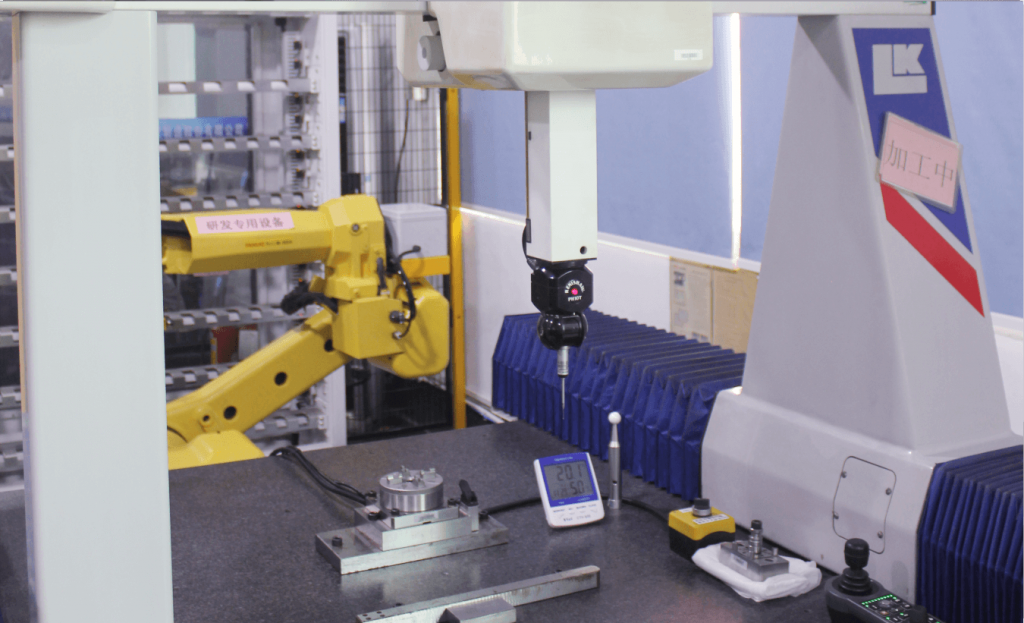What does CNC stand for in machining? CNC stands for computer numerical control, which is simply another way of describing computerized machining. It’s been around since the 1950s and has become so widespread today that almost all CNC machining in the US and Europe uses the same G-code programming language to communicate with milling machines and other industrial equipment. To know more about cnc, check out this article!
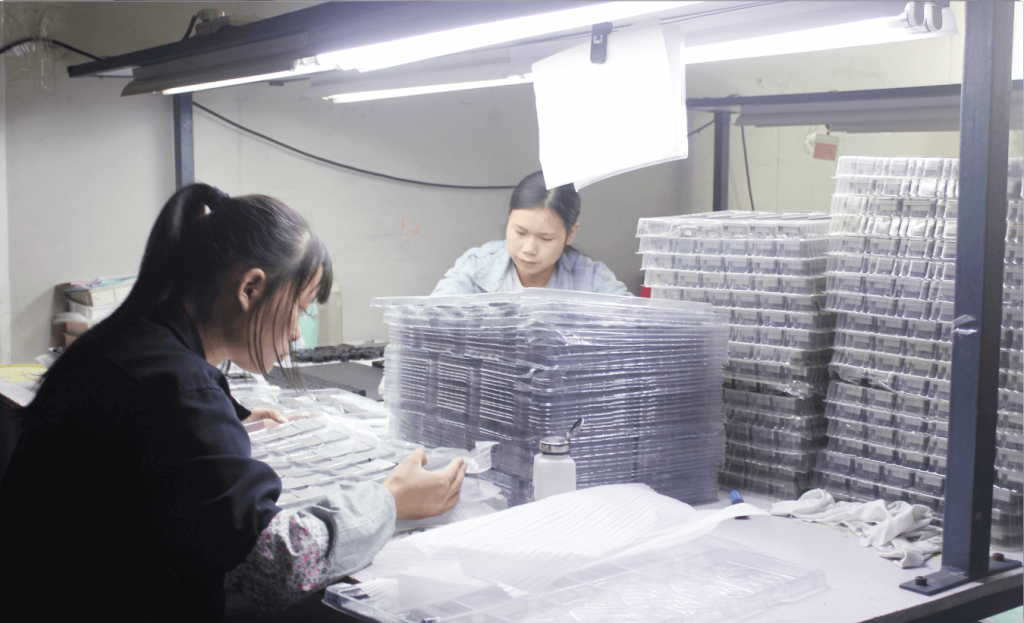
Typically, when you search online for answers to your questions about what is CNC or how to use it, you’ll see a lot of documentation written by manufacturers. There are good reasons they do that: they make parts and components, so they’re incentivized to convince potential buyers that their products can make those parts. Unfortunately, most of that information isn’t very helpful unless you have access to expensive equipment right now. The truth is that more than 90% of all machining done around the world is done on some kind of computer numeric control (CNC) machine, which means a lot of people need help figuring out exactly what those machines are and how best to use them.
Is it necessary to get custom CNC machined parts from China?
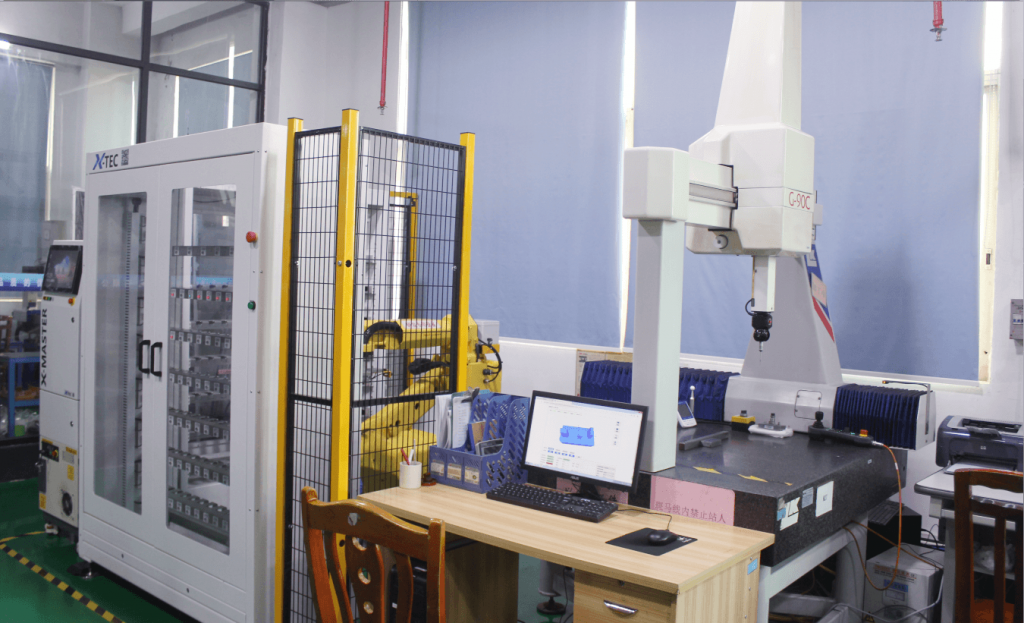
To find out if it’s necessary to get custom CNC machined parts from China, we first need to understand what makes a part custom and why you would want one. To figure that out, we have to break down what CNC (short for Computer Numerical Control) stands for and how it’s used when manufacturing parts. Simply put, CNC refers to computer-controlled cutting tools that are set up by machine operators or engineers using digital designs created with CAD (Computer Aided Design) software. As complicated as all of that sounds, it’s important to know whether or not you can use your own CAD files if they’ve been created outside of China before deciding where your components should be made.
To find out if it’s necessary to get custom CNC machined parts from China, we first need to understand what makes a part custom and why you would want one. To figure that out, we have to break down what CNC (short for Computer Numerical Control) stands for and how it’s used when manufacturing parts. Simply put, CNC refers to computer-controlled cutting tools that are set up by machine operators or engineers using digital designs created with CAD (Computer Aided Design) software. As complicated as all of that sounds, it’s important to know whether or not you can use your own CAD files if they’ve been created outside of China before deciding where your components should be made.
Step by Step Procedure of Custom CNC Machining
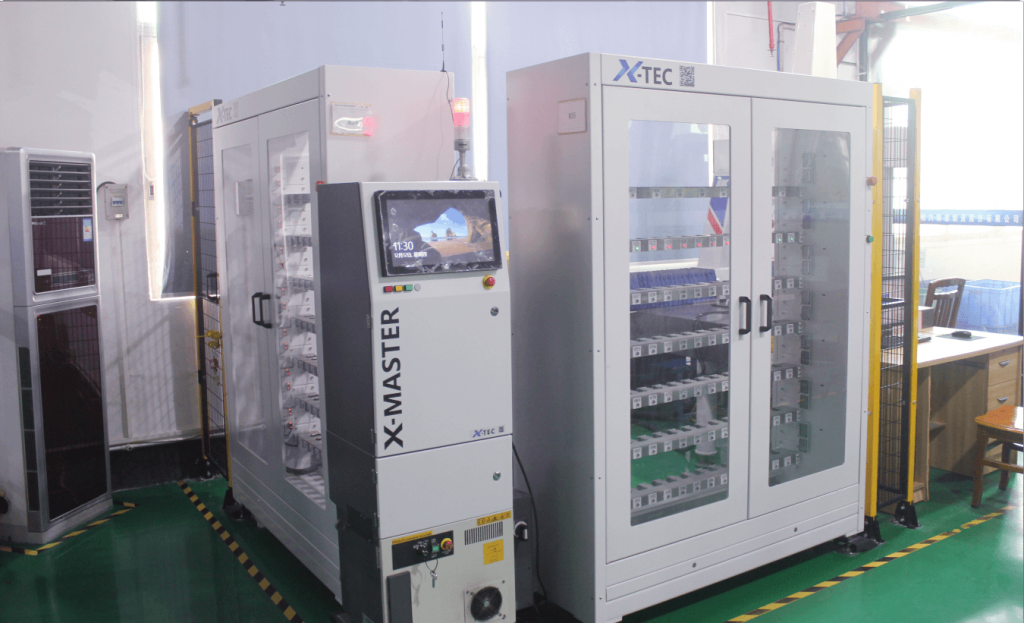
CNC stands for computer numerically controlled. It is a method used to machine an object by making multiple fine cuts at various depths by a programmed machine, based on prior experience and specifications provided. The letter ‘C’ comes from control and implies that someone or something has been given authority over what gets done. Computer numerically controlled manufacturing (or just CNC) is one of two technologies commonly used to make custom parts, with subtractive manufacturing being the other main choice. One might wonder if there are any differences between these two options—there are several, though you can find more detailed information about them below. An important thing to keep in mind when trying to decide between subtractive manufacturing and CNC manufacturing is that each choice may require different design strategies.
Types of Custom CNC Machining Operations
Although there are a number of types of computer numerical control (CNC) machining, such as wire EDM and laser cutting, CNC is typically used to refer to milling or turning operations. It’s important to note that there are several components that make up a custom CNC machine tool operation. Machinists often take on various roles throughout their careers. With increased experience, they might move from a manual lathe operator position to a programmer position. This requires different skillsets than an entry-level technician would require when hired on as an apprentice.
Custom CNC machining
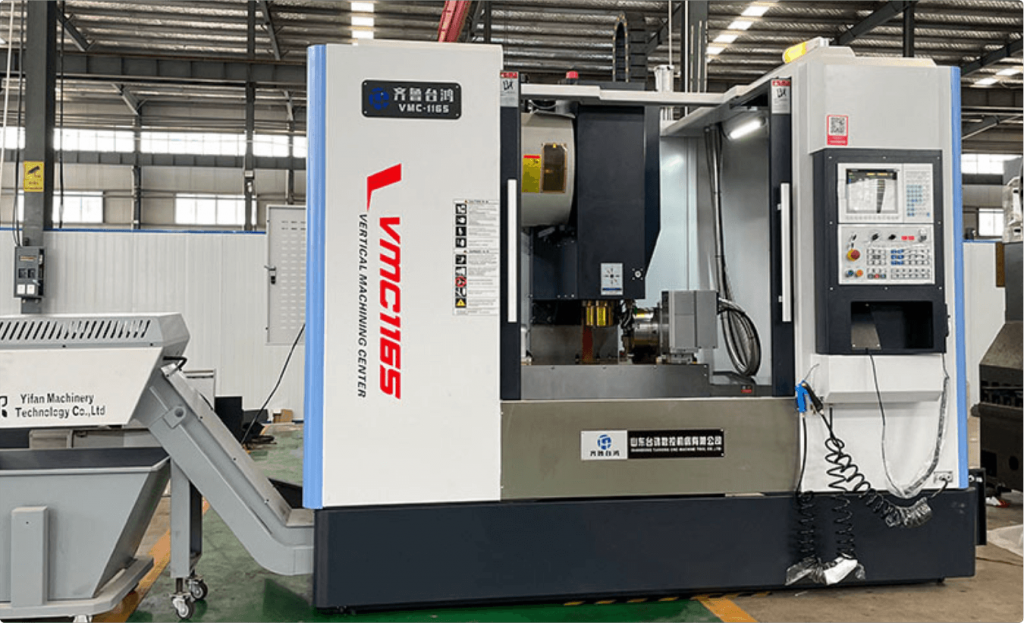
What Does CNC Stand For? If you’re into manufacturing, it’s important to be familiar with some of the terms and acronyms used when talking about different types of machines. One acronym that is used a lot but may not be understood by everyone is CNC. Although computers play an integral role in most manufacturing operations today, if your business is just getting started or if you are trying to upgrade your operation, it can be beneficial to know what CNC means and how it impacts your everyday operations. This post will help you get up to speed on basic concepts behind computer numerical control (CNC) machines and explain why they have become so popular among manufacturers over time.
Custom CNC (Size Considerations) For Various Projects
Many people make use of custom cnc project to get their machined parts done. Most companies provide service for customized cnc projects and that is what I have found as a good thing about them. Customized cnc projects have enabled many companies to be flexible when it comes to work. It has really made things easier, since they can just focus on doing custom work rather than having to do many other things at one time. This means that you should really consider what you need your project done in order to enjoy its benefits. Getting exactly what you want will enable you not only to be comfortable with your results but also give you a chance to create something great.
Custom CNC Models For Specific Tasks
Starting a CNC milling project can feel overwhelming if you don’t know where to start, and there’s no place more intimidating than a Chinese manufacturing website. But we’re here to help with our guide to sourcing free custom cnc models for your next manufacturing project. First, what are custom CNC models? Using Computer-Aided Design (CAD) software, designers create CAD files that contain two dimensional drawings of their designs—the design of an object that is produced by a milling machine is created in 3D space using these 2D drawings.
Cost of Undertaking Custom CNC Projects
Custom machinery is always more expensive than off-the-shelf machinery. For example, if you buy a standard CNC router which can make parts up to 8 by 8 by 4, and you need a larger working envelope, then you’ll have to buy an entirely new machine or modify your existing one. If you want customized machining capabilities, then again, your only option is buying a whole new machine. The upside is that custom machinery usually has a longer lifespan and higher level of precision. Bottom line: If precision and longevity are important factors in your business model, then custom machinery could be right for you; however, even if they’re not priorities now, investing in custom equipment will make it easier to add them later on.
Custom CNC Machine Costs
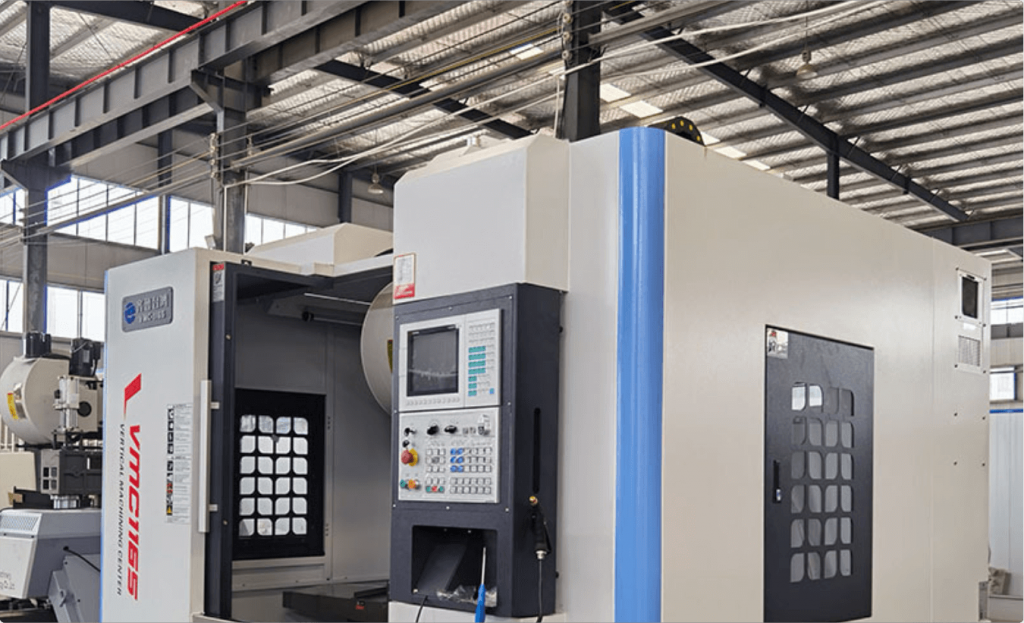
So you’ve decided to invest in a custom machine, and now you need to find out what it’s going to cost. While there are many factors that go into determining your total cost, one of the biggest is material type. Depending on what you need to machine, costs can fluctuate from as little as $1 per hour (for plastics) up to $200+ per hour (for hardened steels).
Custom CNC Material Costs
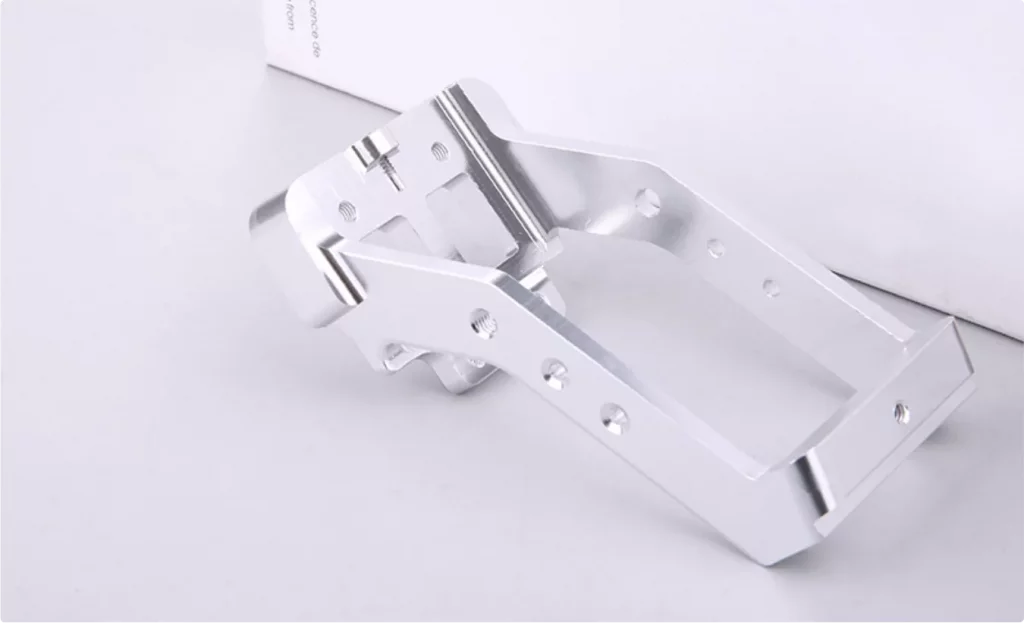
Once you’ve chosen a material, it’s important to understand how much it will cost. This is where your company’s profit margins can be affected most by material costs, so you need to make sure that your purchasing department has reliable resources and accurate estimates for all of their materials. For custom materials such as steel or aluminum, make sure you check with several vendors to ensure that your pricing remains competitive.
To know more about Injection molding:
Categories
Share On
Recent Post

3D Printing Vs Injection Molding
Preparing for production is a crucial moment for any company.

Riveting vs Welding: Key Difference For Custom Sheet Metal Parts
Riveting and welding are the two most common metal joining


